Close Reader: an interview with Sayani Sarkar of The Omnivore Scientist
On ranging interests, trying to write, and being in your *nonfiction era*
In this series, “Close Readers,” I’m asking some of my favorite Substack essayists, Bookstagrammers, and writers to share their reading and writing processes and habits, and tell us about the literary ideas they’re spending time with these days.
Today’s interview is with Sayani Sarkar, a literary scholar I met on Bookstagram! We both share a love for nonfiction, sharing academic thoughts online, and now, publishing on Substack.
After you read today’s interview, check out Sayani’s musings on science, history, and art over at The Omnivore Scientist.
Let’s start with an introduction! What’s your name and where are you currently living? Tell us a bit about you.
Hi! I am Sayani Sarkar (pronounced ‘sha-yo-nee’ ‘shor-kaar’) and I am currently living in Kolkata or Calcutta as I still like to call it.
What are you reading right now?
I am reading The Maniac by Benjamin Labatut, My Heart is a Chainsaw by Stephen Graham Jones, and The Second Kind of Impossible by Paul Steinhardt.
What are some of your favorite books or genres?
I am in my nonfiction era. Anything that explores natural history, environmental issues, microhistories, physics, chemistry of life, neuroscience, economics (this is a new avenue for me), true crime, cultural history, and philosophy interests me. Some books that changed the way I think about the world are Behave by Robert Sapolsky, Hallucinations by Oliver Sacks, Reality is not What it Seems by Carlo Rovelli, and The Sixth Extinction by Elizabeth Kolbert.
Random topics that have hooked me: Bird eggs, feathers, Jack the Ripper, Machiavelli's biography, Euclidean geometry, sanguinivorous animals, and currently quasicrystals. I have polymathic interests.
Persepolis by Marjane Satrapi and Are You My Mother? by Alison Bechdel are my absolute favorite graphic novels. These are deeply inspirational. But I also love the popular comic series Preacher by Garth Ennis.
That said, I read selected fiction these days. I will always try to read the new Jo Nesbo, Stephen King, and Tana French but I don't get much time.
Favorite true crime: I'll Be Gone in the Dark by Michelle McNamara
Favorite crime novel: The Likeness by Tana French
Favorite historical fiction- Wolf Hall by Hilary Mantel (my favorite book of 2023)
Favorite horror: The Haunting of Hill House by Shirley Jackson, Salem’s Lot and Tommyknockers by Stephen King
Favorite supernatural fiction: All Souls Trilogy by Deborah Harkness
Finally, genre-defying books are becoming my favorites these days. Essays, aphorisms, or anthologies by Fernando Pessoa, Emil Cioran, Umberto Eco in no particular order and the novels Compass by Mathias Enard, When We Cease to Understand the World by Benjamin Labatut, and Flights by Olga Tokarczuk.
What ideas are you studying or exploring right now?
Excellent question!
Everything that unspools my preconceived notions and reassembles my understanding of the world outside my own. I am reading more poetry (Mary Oliver, Isabel Galleymore, Fiona Benson) and learning about Indigenous cultures and science.
The day I discovered Tyson Yunkaporta’s book Sand Talk, I felt a massive guilt and rift in my current knowledge system. Not to mention, I just finished The Only Good Indians by Stephen Graham Jones recently and he is currently my favorite author who is exploring Native American history with sociopolitical scenarios in modern society.
Give me all the books that explore women's biology! I am reading books that document the natural sciences and the lives of the colonized people of Africa, Asia, and the Americas before the arrival of the Eurocentric colonists on their shores. I am reading more translated works (hello Olga Tokarczuk) and learning about languages like Japanese and Arabic. Even if someone cannot learn a particular language, learning about it makes a huge difference in understanding the translated works.
Maybe I am getting nowhere, but I am somewhere in the middle of this discovery where multiple viewpoints help me empathize with situations that I do not face or experience firsthand.
What is your reading method? Tell us about your reading routine, habits, quirks, anything you'd like to share. (If you'd like to include a photo of your favorite reading place(s), please do!)
I usually start reading after my morning tea. I don’t read constantly at a stretch. Am I always reading? More or less. But usually, my best hours are post-dinner. If it’s an ebook, I am sitting on my window sill with it and constantly highlighting passages, sending them to my bookish friends, and sometimes posting them online. Sometimes I go online and read in-depth book reviews while reading to find more references. I love the index and bibliography. One of my favorite things is to make notes from the bibliography section and find those articles before I jump to the next chapter.
An ebook is faster than a physical copy for me. Sometimes I read multiple books at the same time on my laptop (nonfiction). I read on my phone on commutes. I carry slim paperbacks on buses. Sadly, I can’t use Post-Its during my commute so I try to remember the passages I liked and then stick notes after I am home. I make extensive notes from my physical books. When I am in a café, I am definitely showing off my book and snapping away photos always trying to get the perfect shot. Drives people crazy. Oh, and I also speed-read in bookstores! Favorite thing to do with expensive picture books. Every two months I visit the library and I read magazines and newspapers — copies which are otherwise not available in India.
What does closely reading mean to you? Do you consider yourself a close reader?
Close reading, for me, is an awareness of the realities in which the author wrote a particular prose. Whether historical fiction or science fiction, the plot and the idea, however outlandish or weird, stem from the writer's understanding of the world. Close reading is as close as the reader can understand the writer's universe.
I do not consider myself a faithful closer reader, i.e., I might not be paying attention to the larger issues surrounding a story all the time. Sometimes I do enjoy close reading my favorite books. I wasn't even aware of the term until I read your Substack. So, thank you.
Do you prefer to read hardbacks, paperbacks, or digital copies? Why?
I prefer digital copies for nonfiction and paperbacks for fiction. But some books are just made to be read as hardbacks. Like Everyman’s Library volumes and graphic novels. Another reason to prefer reading on Kindle these days is because I live in a very small apartment and there isn’t much space for storing books. Calcutta is a damp, humid, and extremely polluted metropolitan city. Books need proper storage and many of my books started foxing after I moved here. Something I had not seen before when I lived in drier and cooler Northern India.
What’s your annotation process like, while you read? Do you write in your books? Why or why not?
I have been writing in my books since I read A Room of My Own as a kid. There was no going back. I use pencils most of the time. But I have started using colored pens now because I need to distinguish between “mind-blowing”, “this sounds strange” and “doubtful” annotation categories. My categories are mostly in my head. I use Desklamp software for some books which has options for exporting highlighted portions but not always. There still isn’t a good annotating software for people who read multiple books. Readwise is a good option but it’s not Open Source. Why are tools for reading so exclusionary? I have a ton of index tabs, clear post-its, and highlighters for all the above menace my books go through. And a generous stack of journals and commonplace notebooks where I make notes from whatever I read.
Speaking of writing, what is your current writing project?
My current project is a narrative nonfiction that braids together history, natural sciences, and a personal memoir of my becoming a biologist, a thinker, and a feminist.
Apart from this, I write a monthly newsletter on Substack about connections between books.
Describe your writing process. Where do you start? How do you get focused?
I usually start by making a rough chapter outline. Then I start reading references and books relevant to this chapter. This takes either a few days or weeks depending. I might watch a relevant movie, listen to a relevant playlist, and look at paintings on that topic during this time. I go to MoMa or Sotheby's website to find historical facts regarding the artistic aspects of a topic. A haven to discover unknown artists or printers. Often, I have to read Bengali books and translate sections. This formative period is just chaotic. Bonkers! This is a time when the chapter is floating in my head constantly. But I do not write anything. Finally, when I have a coalesced structure of the chapter I start writing. Writing from memories is easier, but execution is difficult. Because I must get past emotional hurdles, be it good or bad, to put them in words that make sense in the narrative. Writing from various references is difficult because distillation is important for me. When I have distilled the core idea, writing becomes easier.
For my newsletters, I mostly think about everything I have read or come across on socials and websites in a month and jot down the names of books on my phone. This happens usually after two in the night. Once I have the books, I write about them within a couple of hours.
Describe your revision process. How do you go back into a piece of writing to revise?
When I am a thousand words or so in my chapter I revise. I want to see if what I envisioned in my chapter outline comes out in the actual writing.
Describe your editing process. What’s that like? Do you self edit? Reach out to friends?
As a non-native English speaker, I have learnt to go easy on myself about syntax and grammar. It is something I am constantly learning and improving. As an upcoming writer, this subliminal expectation of concentrating on the form (is that what it is called?) is frankly crippling at times. I reach out to my friends who are writers themselves for an edit on the first draft of my book chapters.
What is the relationship between reading and writing, to you? Where are the overlaps? Where are the important distinctions?
I am blogging consistently after fifteen years. I spent a huge part of my life inside laboratories. I always read but never had the patience to write something. Since I have started writing earnestly, I realized it is a form of sublimation. Reading becomes writing. From one state of the matter to another. They look different. Sometimes reading can be a passive experience. I don’t remember the exact plots of every Nordic crime novel I have ever read. It’s simply not possible because human memory is like a huge sieve. But when I am writing, my experiences, including enjoying Nordic noir or slasher horror, play an indirect role. Reading can be passive or active. Certain books can leave a fingerprint without leaving a direct influence on you. But writing seems to me an intentional activity. We always employ our agency and are fully aware when we write. I would like to imagine a passive kind of writing but right now I don’t have that with me. And, handwriting something is always different from reading because of neurological reasons. It engages far more neural networks than the act of reading. But unfortunately, I type a lot more than I write. LOL.
What’s your current coffee or tea order?
Moroccan mint tea, Himalayan oolong, roasted Darjeeling tea. I rarely drink coffee. If I do it’s usually a macchiato.
Anything else you’d like to share about writing, reading, or annotating?
I keep telling people I am no writer. I am trying to write. :)
Lastly, for those who want to get to know you better, where can they find your work? Share your @ for anyone who wants to follow along!
On Instagram, find me @theomnivorescientist or @sayaniblue, a private Instagram where I post mostly my culinary adventures.
Sayani: thank you SO MUCH for sharing all these amazing literary thoughts and the books you’re reading.
For more interviews and close readings from Closely Reading, subscribe now.


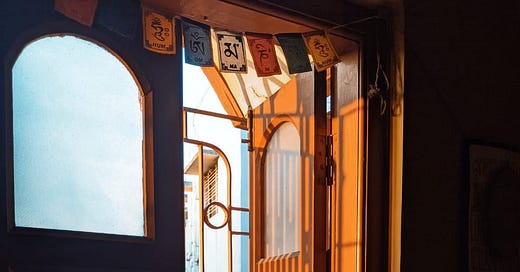



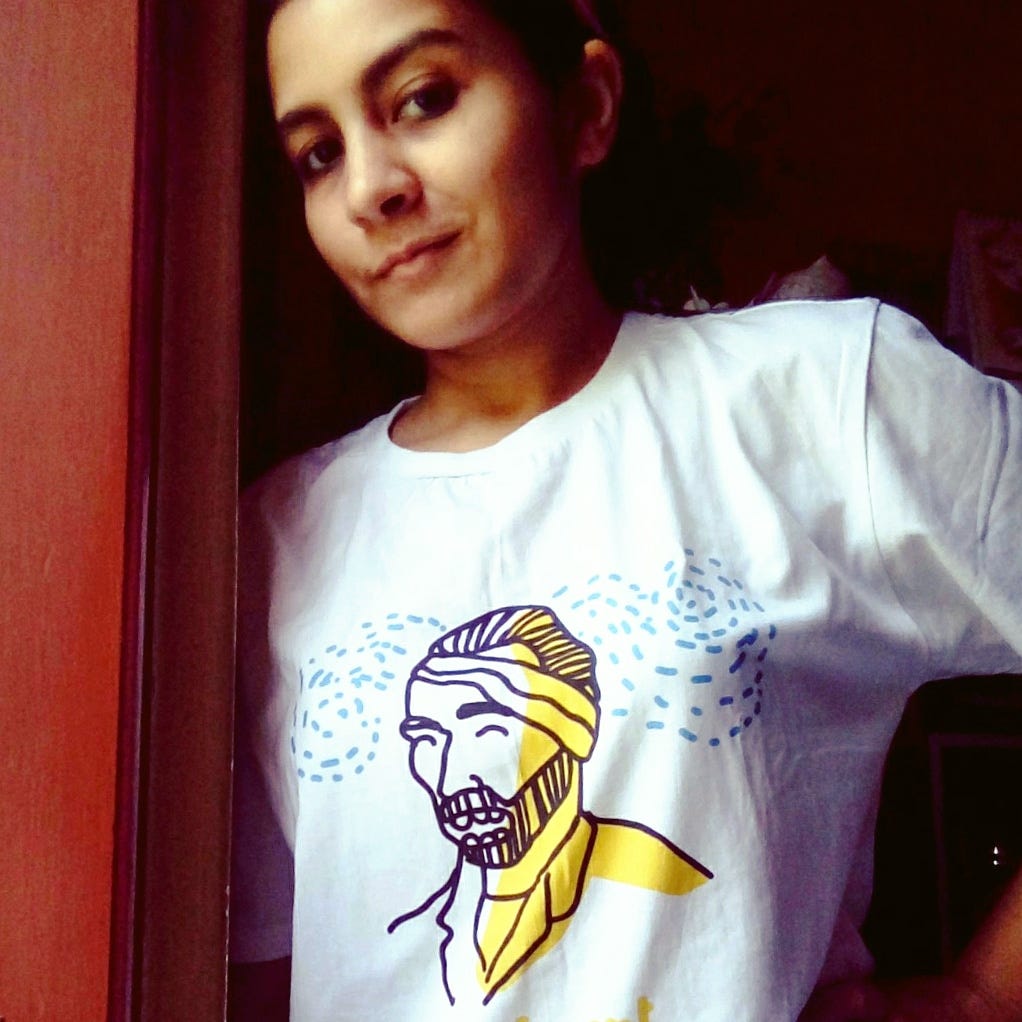
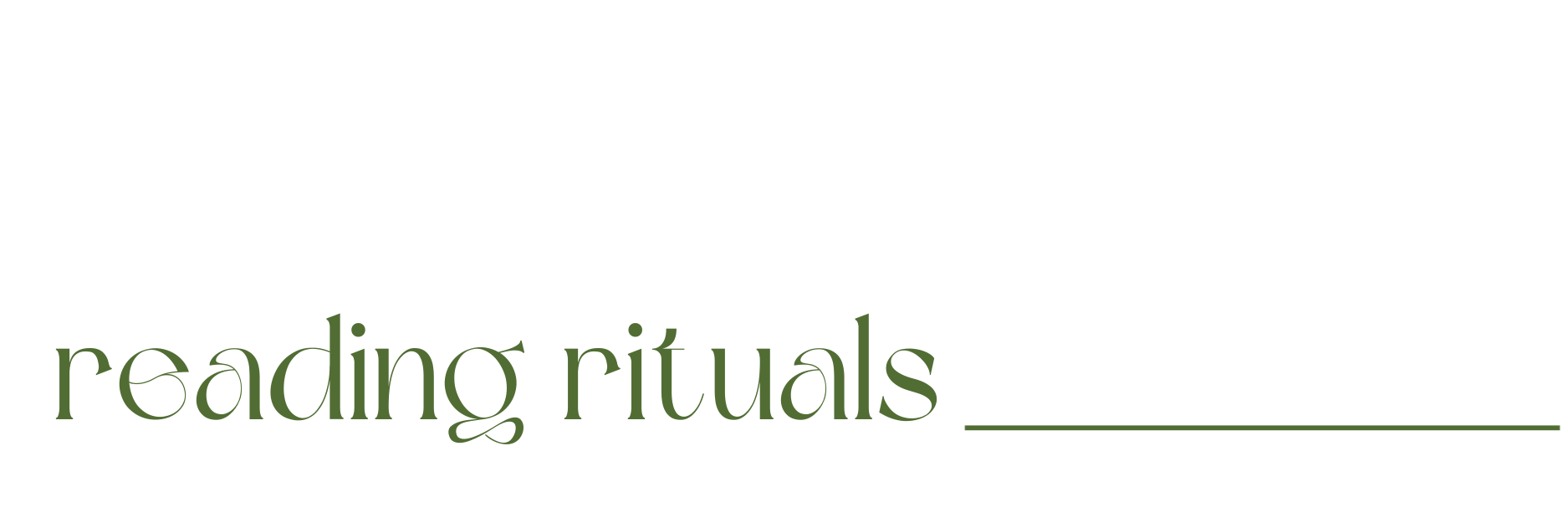
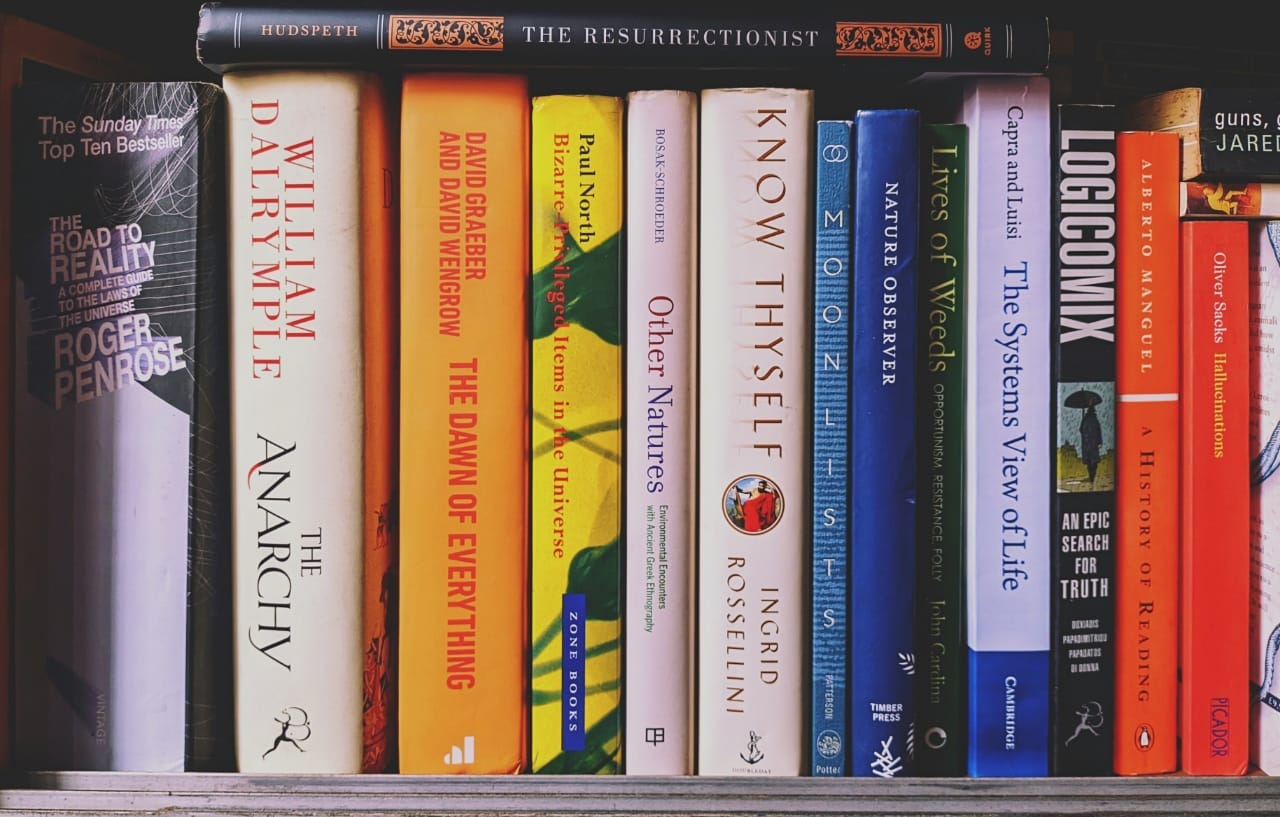
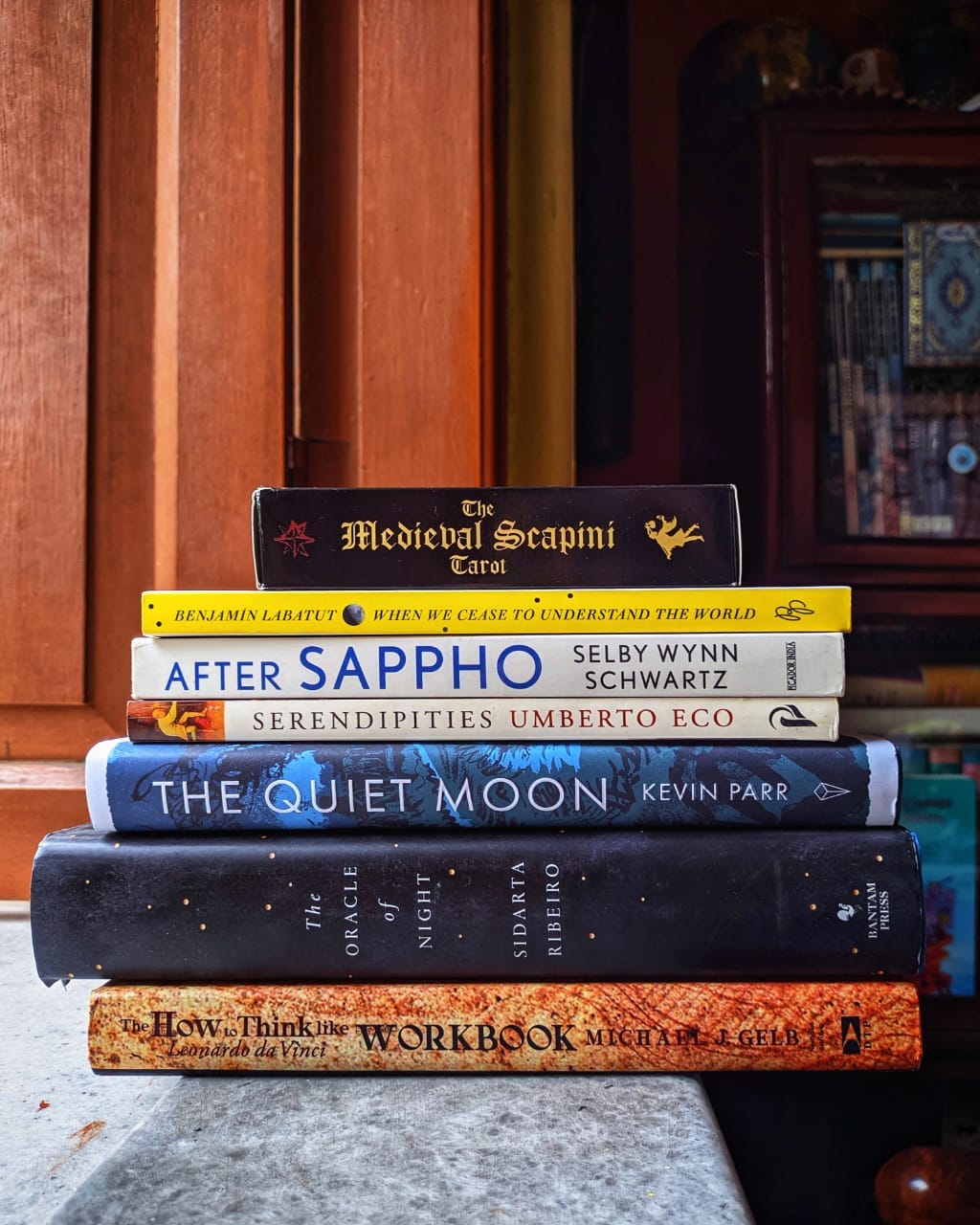
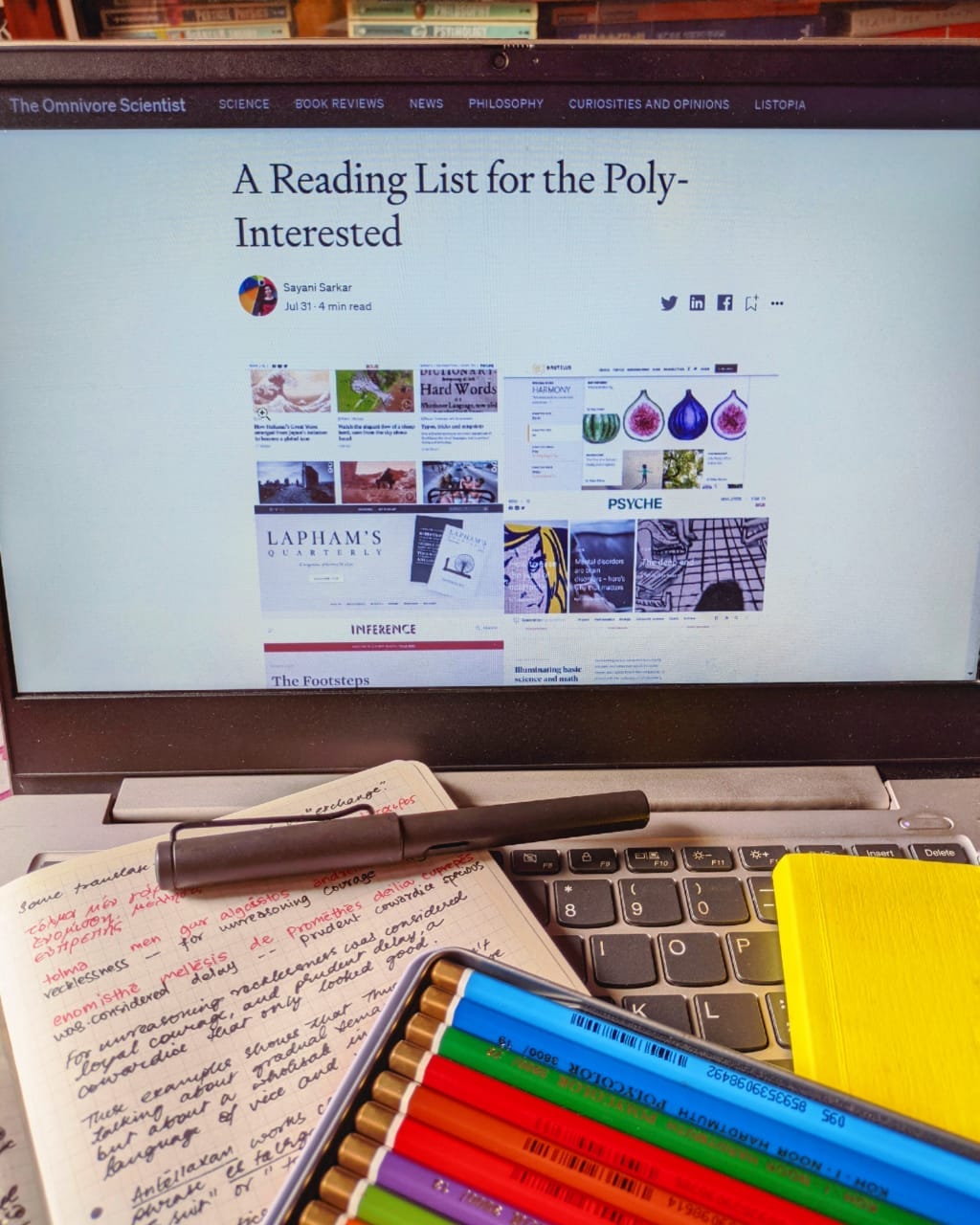



This helps me know you a bit better too, Sayani. Glad for this article. It reads beautifully. :)
Thanks, Haley :) My heart is *boing boing* right now. Ha ha!